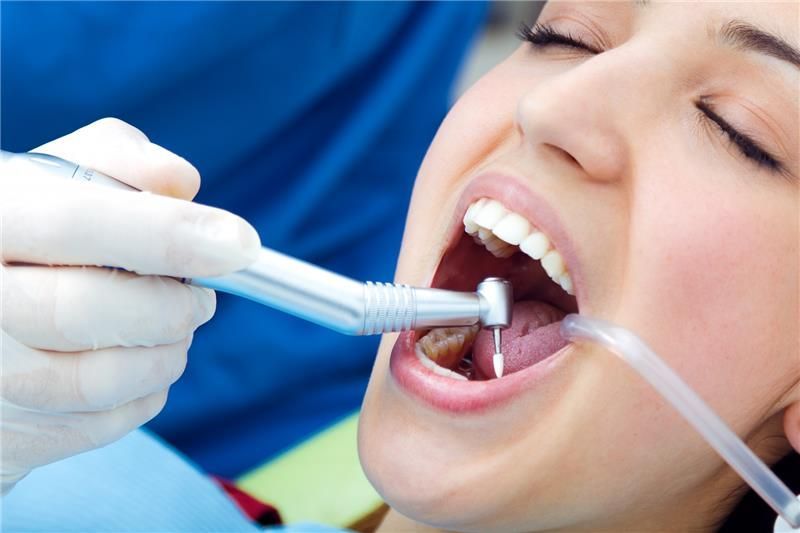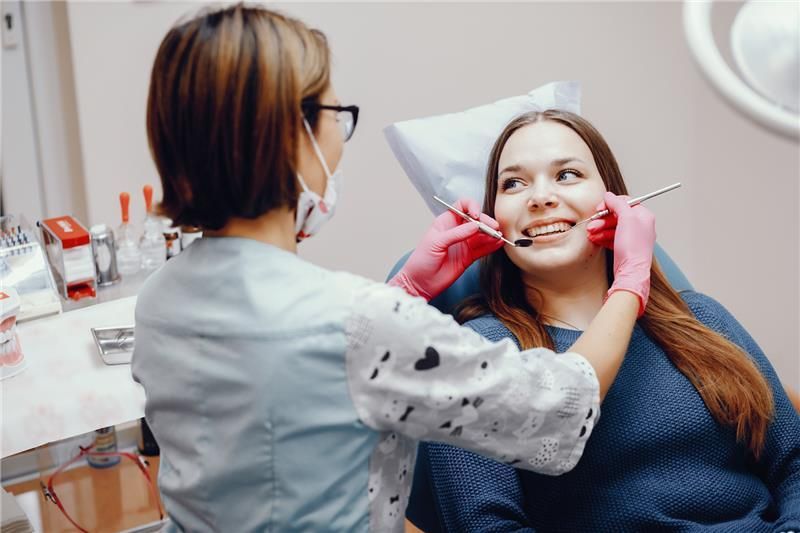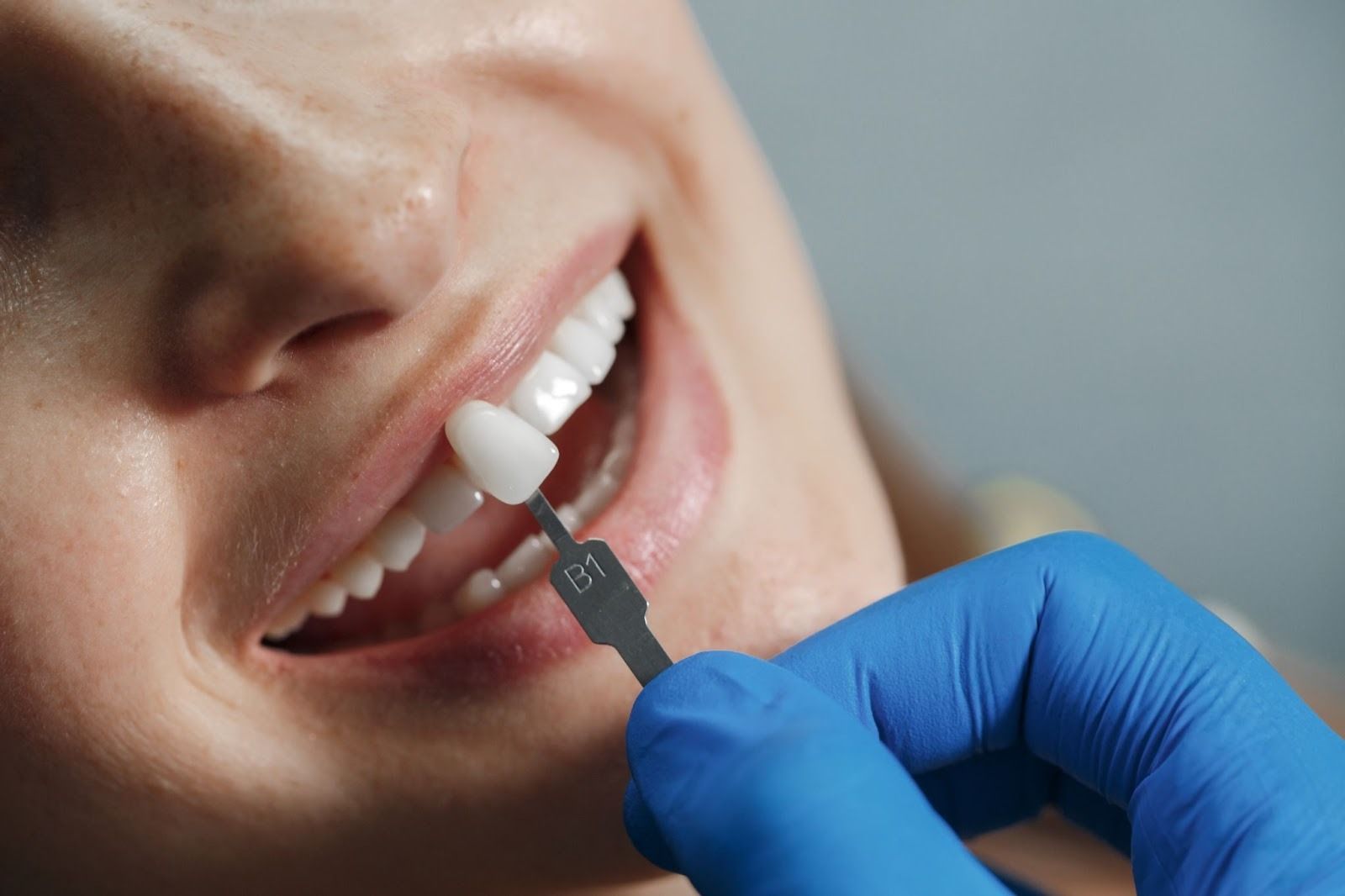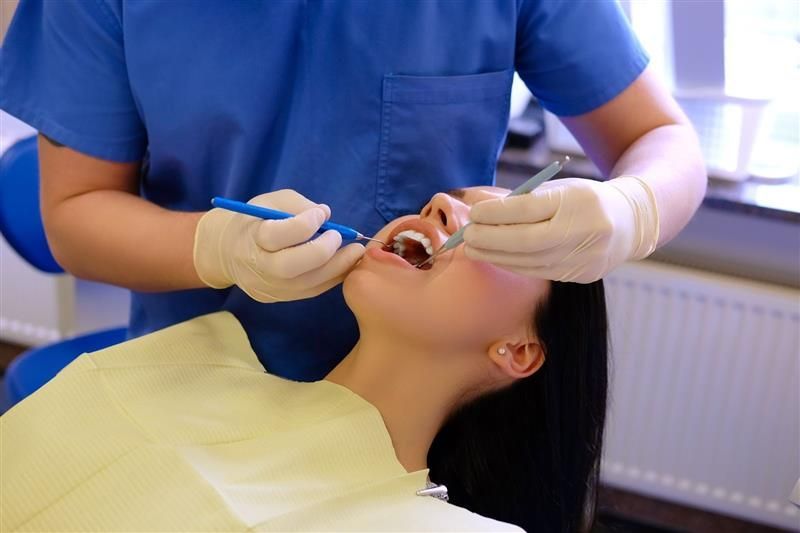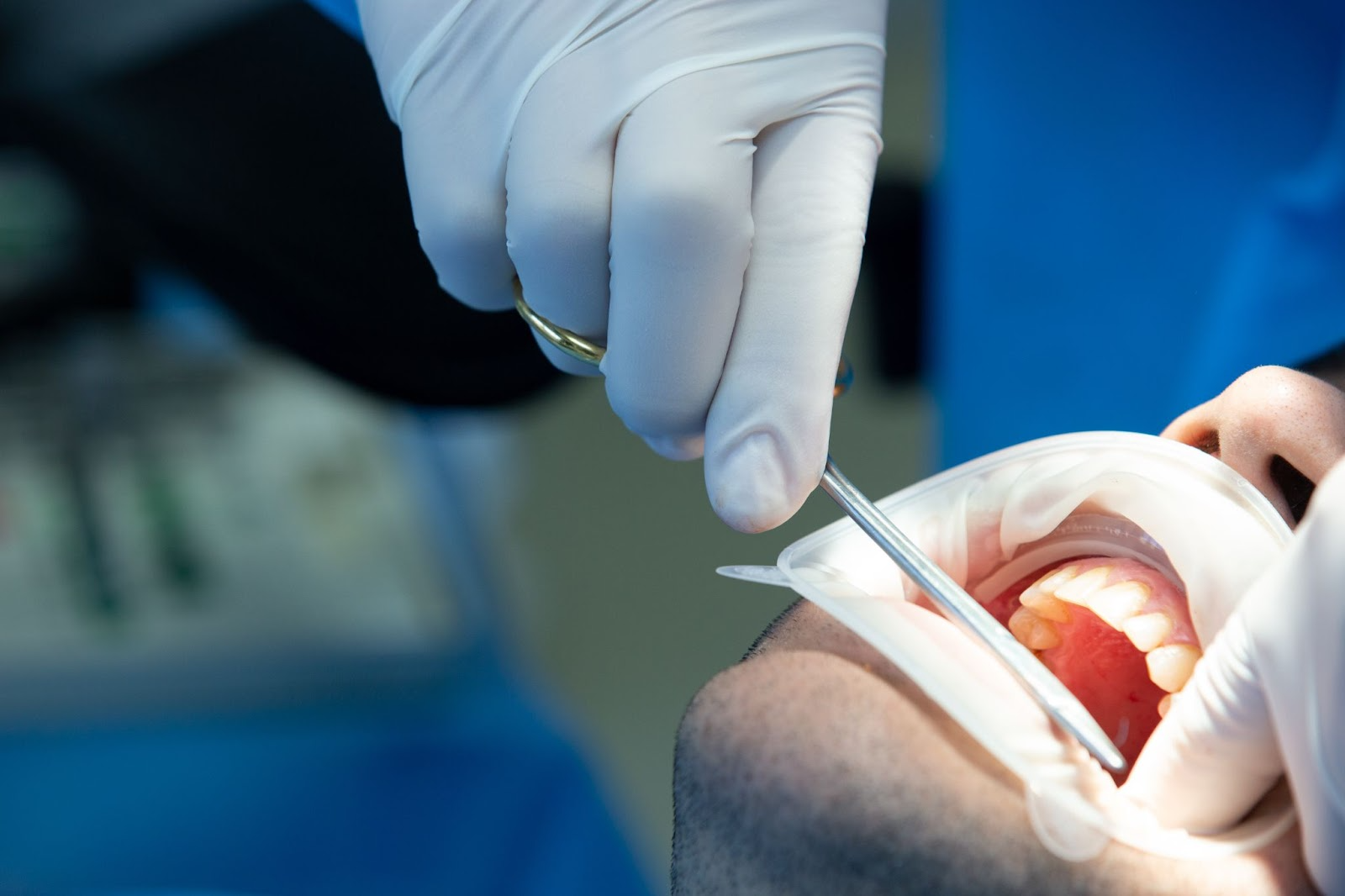The Relationship Between Your Sinuses and Your Teeth

Understanding The Relationship Between Your Sinuses and Your Teeth is crucial for maintaining optimal oral health. Many people often associate a toothache with cavities or gum issues, yet the connection between sinuses and oral health reveals a different story. Maxillary sinuses, located near your upper teeth roots, can be a source of discomfort, leading to sinus-related tooth pain.
Why is this important? Recognizing sinus-related tooth pain can prevent unnecessary dental treatments and lead you to the right solution. Misunderstanding this relationship often leads to common misconceptions about toothaches, where individuals mistakenly attribute their pain solely to dental issues.
- Sinus-related tooth pain: Often mistaken for regular toothache.
- Common misconceptions: Toothaches are always due to cavities or decay.
This knowledge empowers you to seek proper diagnosis and treatment, ensuring both your dental and sinus health are well managed. However, it's also essential to be aware of other potential dental issues such as tooth discoloration which could arise from different causes unrelated to sinus problems. Furthermore, understanding popular trends in cosmetic dentistry might also be beneficial in managing your overall dental health.
Understanding Sinuses and Their Function
The sinuses are air-filled cavities located within the skull, playing a crucial role in your respiratory health. Among these, the maxillary sinuses are of particular interest due to their proximity to your upper teeth. Positioned on either side of the nose, just above the roots of the upper teeth, these sinuses can directly impact oral health.
Anatomy of the Sinuses
- Maxillary Sinuses : These are the largest and are situated behind your cheeks. The close relationship between the roots of your upper teeth and the maxillary sinuses means any inflammation or infection here can lead to discomfort that might be mistaken for dental pain.
- Other Sinus Cavities : While the maxillary sinuses are most relevant to toothaches, it's important to note that there are additional sinus cavities — frontal, ethmoid, and sphenoid — which contribute to overall nasal function and health.
Role in Health
The maxillary sinuses serve several functions:
- Humidifying and Filtering Air: They help moisten inhaled air and trap dust particles.
- Resonating Chamber for Voice: They contribute to the quality of your speech.
- Protection Against Pathogens: By producing mucus, they help protect against infections.
Sinus infections, often triggered by colds or allergies, can lead to symptoms that resemble dental issues. Common sinus infection symptoms include facial pain, pressure around the cheeks, and a runny nose. Recognizing these signs is vital for distinguishing between sinus-related issues and genuine dental problems.
Understanding this anatomy and function helps in identifying when sinus troubles might actually be at play in what you perceive as a toothache. For instance, if you're experiencing discomfort due to a sinus infection, it's essential to maintain good oral hygiene during this period. This includes regular flossing which is important for preventing further dental issues.
Moreover, if you're dealing with discoloration of your teeth as a result of certain medications taken for sinus infections or allergies, there are ways to address this. You might consider some home remedies for teeth whitening which can provide whiter and brighter teeth .
The Connection Between Sinus Health and Oral Health
The relationship between oral health and sinuses is often overlooked, yet understanding it can help explain certain toothaches. When sinus issues occur, they can cause tooth pain because the upper teeth are located close to the sinuses, especially in the maxillary area.
How Sinus Issues Can Cause Tooth Pain
Sinus-related toothache usually happens when the maxillary sinuses become inflamed or infected. As these sinuses swell, they put pressure on the roots of the upper teeth. This pressure can create discomfort that feels similar to a dental problem.
Symptoms of Sinus-Related Toothache Include:
- Pain in multiple upper teeth: Unlike most dental issues that affect one tooth, sinus-related pain often spreads across several teeth.
- Increased pain when bending over or lying down: Changes in head position can make sinus pressure worse.
- Accompanying sinus symptoms: Facial pressure, nasal congestion, or a runny nose often go hand in hand with this type of toothache.
Identifying When to Seek Medical Evaluation
It's important to know whether your toothache is caused by a sinus problem or an actual dental issue so you can get the right treatment. Here's how you can tell:
- Seek a Dental Professional If:The pain is localized to one tooth and persists without any nasal symptoms.
- There are signs of decay or visible damage to a specific tooth.
In such cases, understanding the safety of dental X-rays can also be helpful for diagnosis.
Consult an ENT Specialist If: You experience widespread pain in several teeth alongside consistent nasal symptoms.
The discomfort worsens with head movements or is accompanied by facial swelling.
Knowing these symptoms and when to seek appropriate medical evaluation can save you from unnecessary treatments and effectively address the root cause, ensuring both your oral health and sinuses are well taken care of.
Additional Resources for Oral Health
For more insights on maintaining oral health, consider exploring the Park Dental Brooklyn blog which offers a wealth of dental health tips and expert advice. If you're experiencing severe dental issues, it may also be worth reading about the warning signs that indicate you need a root canal procedure or understanding the importance of deep teeth cleaning .
Causes of Tooth Pain Beyond Cavities
Tooth pain is often linked to cavities, as detailed in this article on what is a tooth cavity, symptoms and how to safely get rid of it , but there are numerous other causes that can lead to discomfort. Understanding these can help identify the underlying issues and seek appropriate treatment .
Common Causes of Non-Cavity Related Tooth Pain
Here are some common reasons why you might be experiencing tooth pain that isn't caused by cavities:
- Gum Disease: Infections such as gingivitis and periodontitis can cause gums to swell, bleed, and recede, resulting in pain that feels like it originates from the teeth.
- Tooth Fractures: Even a minor crack in a tooth can lead to significant pain, especially when biting or exposed to temperature changes.
- Sinus Infections: The maxillary sinuses are situated close to the roots of your upper teeth. When these sinuses become infected or inflamed, they can exert pressure on nearby nerves, leading to what feels like a toothache.
- Bruxism (Teeth Grinding): Chronic grinding or clenching of teeth can wear down enamel and cause jaw pain that mimics dental issues.
- Abscesses: An abscessed tooth occurs when an infection reaches the root or the surrounding gum tissue, causing severe pain and swelling.
Recognizing these potential causes is crucial. Persistent symptoms should prompt a consultation with healthcare professionals who can guide you towards relief. The Relationship Between Your Sinuses and Your Teeth plays a significant role when considering sinus-related toothaches alongside other non-cavity sources.
Diagnosing Sinus-Related Tooth Pain
Understanding the connection between sinuses and tooth pain is critical for accurate diagnosis and relief. At the forefront of this process are endodontists, specialists in diagnosing tooth pain sources. They utilize several diagnostic methods to pinpoint whether the discomfort is sinus-related or stems from dental issues.
Key Diagnostic Methods:
- Comprehensive Examination: A thorough examination by an endodontist includes a detailed review of your symptoms. Identifying characteristic signs like facial pain, headaches, or nasal congestion alongside tooth pain can suggest sinus involvement.
- X-rays: This imaging technique is pivotal in differentiating dental problems from sinus-related issues. X-rays allow visualization of both teeth and the adjacent sinus areas, helping to identify any swelling or infection in the sinuses that could be impacting dental health.
- CT Scans: For more complex cases, CT scans provide three-dimensional images offering a more detailed view of the relationship between your sinuses and teeth.
These diagnostic tools help in crafting an effective treatment plan, ensuring that both sinus and dental causes are addressed appropriately. Recognizing these signs early and seeking expert evaluation can prevent complications and promote better oral health.
Treatment Options for Sinus-Related Toothaches
Finding treatment options for sinus-related toothaches involves addressing both sinus infections and potential dental issues. Identifying the root cause of the pain is crucial, as sinus infections and dental problems require distinct approaches.
Common Treatments for Sinus Infections
- Antibiotics: Often prescribed to combat bacterial sinus infections. They help reduce inflammation and alleviate pressure on the nerves linked to your teeth.
- Nasal Decongestants: These can aid in draining mucus and relieving sinus pressure, providing temporary relief.
- Saline Nasal Sprays: Useful for keeping nasal passages moist, they can support natural drainage.
- Hydration and Rest: Staying hydrated and getting plenty of rest are essential for supporting the body's immune response.
Dental Treatments for Infected or Decayed Teeth
When a dental issue is identified as the cause of tooth pain:
- Fillings: Used to treat cavities by removing decayed material and filling the space with a dental material.
- Root Canals: Recommended when decay reaches the tooth's pulp. This procedure involves removing infected tissue to prevent further damage.
In certain cases, when decay is extensive or a tooth is severely infected:
- Tooth Extraction: Sometimes necessary to prevent infection from spreading to adjacent teeth or sinuses. Though it might seem drastic, extraction can be vital for long-term oral health.
It's also important to note that some treatments, such as teeth whitening , can be affected by underlying dental issues. Therefore, it's essential to address any existing problems before pursuing cosmetic procedures.
Additionally, if you're experiencing symptoms like swelling or persistent pain in your gums, these could be signs of gum disease . In such cases, consulting with a dental professional promptly can help identify the issue and initiate appropriate treatment .
Addressing both potential causes ensures comprehensive relief from sinus-related tooth pain. Consulting with both dental professionals and ENT specialists can guide you toward appropriate treatment paths tailored to your specific needs.
Preventative Measures
Maintaining good oral hygiene is crucial for preventing complications related to both sinuses and teeth. It not only helps in keeping chronic bad breath at bay but also plays a significant role in reducing the risk of infections.
Oral Hygiene Tips:
- Brush Twice Daily: Use a soft-bristled toothbrush and fluoride toothpaste to clean your teeth effectively.
- Floss Regularly: Flossing removes plaque and food particles between teeth where a toothbrush can't reach.
- Use Antimicrobial Mouthwash : Helps reduce bacteria that cause gum disease and bad breath.
- Avoid Common Oral Hygiene Mistakes: Here are some common mistakes you should avoid to maintain optimal oral health.
Lifestyle Changes for Sinus and Dental Health:
- Stay Hydrated: Drinking plenty of water keeps the mucous membranes moist, supporting sinus health.
- Avoid Smoking: Smoking can irritate the sinuses and gums, leading to inflammation.
- Balanced Diet: Consume a diet rich in vitamins C and D to strengthen your immune system, impacting both oral and sinus health positively.
Understanding the relationship between your sinuses and your teeth can lead to better preventative care, ensuring optimal health for both areas.
Conclusion
Understanding the relationship between sinuses and teeth is crucial for maintaining optimal health. Many individuals mistakenly attribute persistent tooth pain solely to dental issues, overlooking the potential influence of sinus problems. Recognizing symptoms that could indicate sinus involvement—such as facial pressure, headaches, and nasal congestion—can guide you towards seeking the right professional assistance .
Persistent discomfort demands attention. Consulting with healthcare professionals ensures accurate diagnosis and effective treatment, whether your symptoms stem from dental or sinus origins. Ignoring these signs could lead to complications, underscoring the importance of timely medical intervention.
A proactive approach to your health can prevent minor issues from escalating into serious conditions. Trust in expert advice and seek help when experiencing unexplained or ongoing symptoms affecting both your sinuses and teeth. Prioritizing professional evaluation is a step towards achieving relief and maintaining overall well-being.
FAQs (Frequently Asked Questions)
What is the connection between sinuses and tooth pain?
The maxillary sinuses are located near the upper teeth, and sinus issues can lead to referred pain in the teeth. Symptoms of sinus-related toothaches may include pressure or pain in the upper jaw, which can be mistaken for dental problems.
What are common symptoms of sinus-related toothaches?
Symptoms indicating a sinus-related toothache include facial pressure, nasal congestion, headache, and tooth pain in the upper jaw. If these symptoms persist, it may indicate a need for medical evaluation rather than typical dental issues.
How can I differentiate between a dental issue and sinus-related pain?
A thorough examination by a dental professional or an ENT specialist is essential. Diagnostic methods like X-rays can help identify whether the source of pain is dental or related to sinus infections.
What are some causes of tooth pain beyond cavities?
Tooth pain can arise from various factors unrelated to cavities, including infections in both teeth and sinuses, gum disease, trauma to the teeth, or even referred pain from other areas of the body.
What treatments are available for sinus-related toothaches?
Treatment options may include antibiotics for sinus infections and dental procedures such as fillings or root canals for infected or decayed teeth. In severe cases, extraction may be necessary.
How can I maintain good oral hygiene to prevent complications from sinuses and teeth?
Maintaining good oral hygiene involves regular brushing and flossing, visiting your dentist regularly, staying hydrated, avoiding smoking, and managing allergies to reduce sinus inflammation which can impact oral health.

